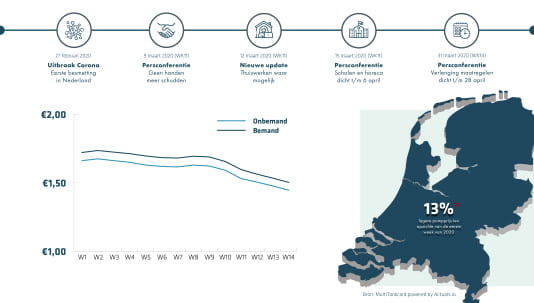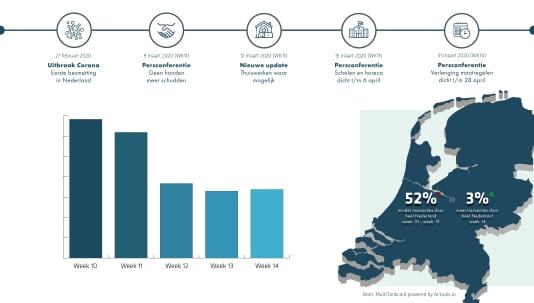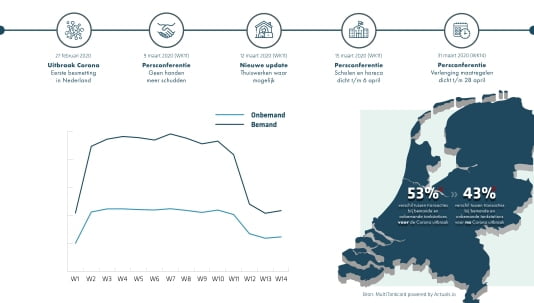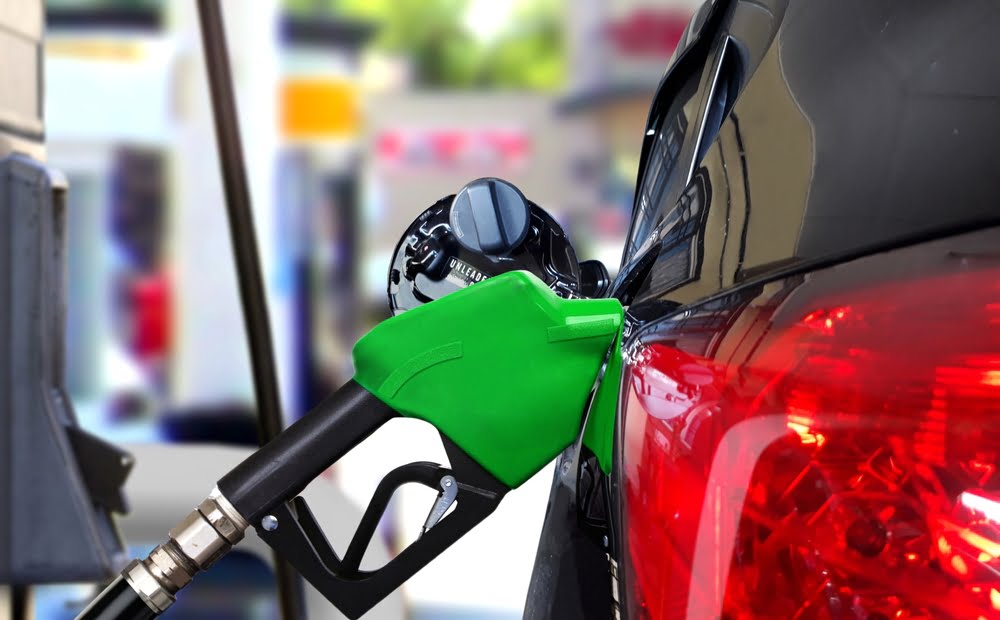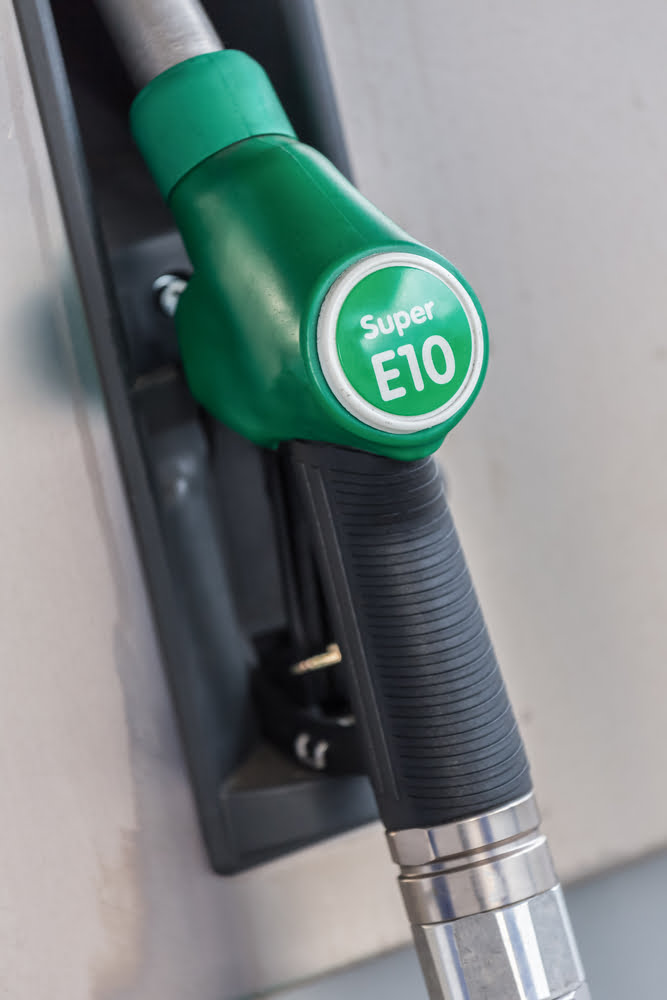Just now that the petrol price is lower than it has been for ages, we can hardly take advantage of it. Due to government measures against the corona virus, far fewer people are on the road. Pump holders saw their sales drop to over 50%. The corona crisis and the trade war between Saudi Arabia and Russia have caused oil prices to plummet worldwide. The price of petrol in the Netherlands fell by about 15%, from an average of € 1,63 per liter in week 10 (March 2 to 8) to € 1,47 in week 14 (March 30 to April 5).
As always, there is a small price difference between the prices of manned and unmanned pumps. With manned pumps, the price dropped from € 1,65 to € 1,50; for unmanned pumps, there was a decrease from € 1,59 to € 1,44. And even at these low prices, there is still competition. The cheapest pump (€ 1,35 per liter) can be found at the Makro in Best. This is evident from figures from MultiTankcard, market leader in fuel cards and mobility cards, and Actuals.io, independent revenue validation platform.
“This sharpest fall in prices in years coincides with the measures taken by our cabinet against the spread of the corona virus. People work at home, tourists stay away, business traffic has largely stalled. Only essential service providers will continue to drive, ”says Patrick Roozeman, director of MultiTankcard.
Noord-Brabant
Almost all provinces follow the same picture in the decrease in the number of transactions: the largest decrease can be seen in week 12 (16-22 March). That is the week that schools and catering establishments closed and it was recommended to work from home as much as possible. The Dutch adhered to the advice, in that week the number of pump transactions fell by an average of 40,6%. Only Noord-Brabant deviates because the corona epidemic peaked here earlier.
In week 11, after Prime Minister Rutte advised at his first press conference to stop shaking hands, the transaction decline in Brabant was already 16,6%, while the national average was still 9,4%. In week 14, South Holland was the only province to show a 5% decrease in the number of refueling operations. Perhaps because the number of hospital admissions then rose sharply in that province.
Delivery service
The turnover of pump holders has been under pressure for some time. With the rise of electric driving, the demand for fuel has declined slightly in recent years. Stricter rules on tobacco sales also reduced the turnover of stores with manned pumps. Due to the corona crisis, this trend is gaining momentum - temporarily. Also because the catering section had to close at all manned pumps because of the RIVM guidelines. But as in any crisis, creative solutions are also devised here. As a vital sector, pump holders can keep their business open.
After all, fuel must be supplied. The retail section of manned pumps will also remain open. So pre-packaged food and drinks are still sold. Some highway-side pump holders now place their prepared sandwiches in the refrigerator so that truckers can take them and eat them outside. Others started a delivery service from hot meals to the cabin. Truckers can order it by phone from the parking lot.
Shift to unmanned refueling
Motorists seem to have become more cautious. This is evident from the fact that the number of transactions at manned filling stations has fallen 10% faster than with unmanned pumps. But it is unclear whether unmanned pumps are safer than manned now.
“It seems that unmanned pumps are now used relatively more often to avoid contact with others. The lower pump price for unmanned pumps can also play a role. It is a lot quieter than usual at almost all gas stations, making it easy to keep the 1,5 meters away. And manned or unmanned: it is recommended to wash or disinfect your hands after leaving the pump. ” said Roozeman.
Of course, pump holders take extensive precautions against the spread of the coronavirus. For example, surfaces such as door handles, counter and pin machine are disinfected more often. There are (especially at manned stations) plastic gloves for refueling. Not too many people may be inside at the same time (maximum one per 10 m2). Signage on the floor allows customers to keep a distance of 1,5 meters. The window at the cash registers remains closed. And customers are asked to pay with card or contactless payment.
